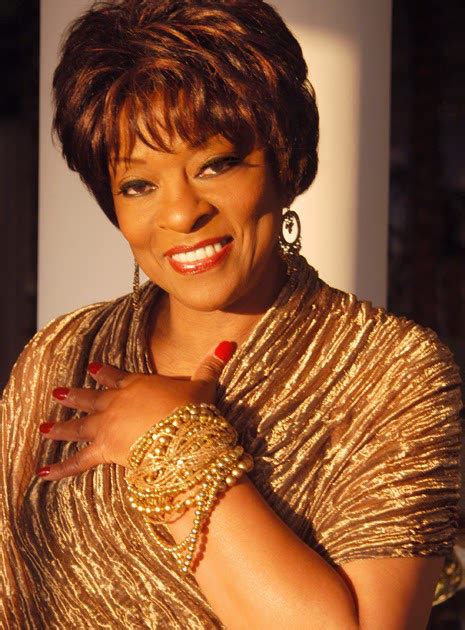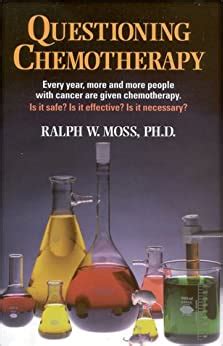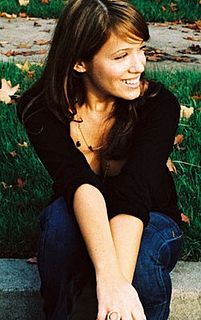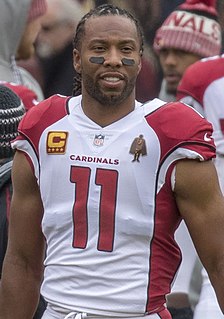A Quote by Thelma Jones
I would tell a newly diagnosed young woman that breast cancer is a complex disease which can be frightening and confusing, and it's normal to experience these emotions, and having a good support system is important. Be an active participant in your treatment, follow your doctor's instructions and ask questions. Also, I would tell her that there have been many advances in breast cancer and women are now living much longer.
Quote Topics
Active
Advances
Also
Ask
Been
Breast Cancer
Cancer
Complex
Confusing
Diagnosed
Disease
Doctor
Emotions
Experience
Follow
Frightening
Good
Having
Her
Important
Instructions
Living
Longer
Many
Much
Normal
Now
Participant
Questions
Support
System
Tell
Treatment
Which
Woman
Women
Women Are
Would
Young
Young Woman
Your
Related Quotes
Since the fright of breast cancer hit our family, I have been surprised by how many people are dealing with breast cancer in their own family or with a loved one. One friend bluntly told me that she has been through it with her sister, her mom, and her grandmother, and all are healthy and mentally stronger because of the disease.
Kanematsu Sugiura.....took down lab books and showed me that in fact Laetrile is dramatically effective in stopping the spread of cancer. The animals were genetically programmed to get breast cancer and about 80 - 90% of them normally get spread of the cancer from the breast to the lungs which is a common route in humans, also for how people die of breast cancer, and instead when they gave the animals Laetrile by injection only 10-20% of them got lung metasteses. And these facts were verified by many people, including the pathology department.
Being a breast cancer survivor, as I like to call myself - it will be twenty years next year - I did it to make it possible for women to do regular self breast examinations. It's really important - and, it makes common sense: you know your body better than the doctor does who only sees you once a year, you know?
I joined forces with the American Cancer Society in 2010 as a spokesperson for the N.F.L.'s 'A Crucial Catch' campaign, which benefits the American Cancer Society. This was important to me because I lost my mother to breast cancer, and I have always felt a strong commitment to doing all I can to fight this disease.



































